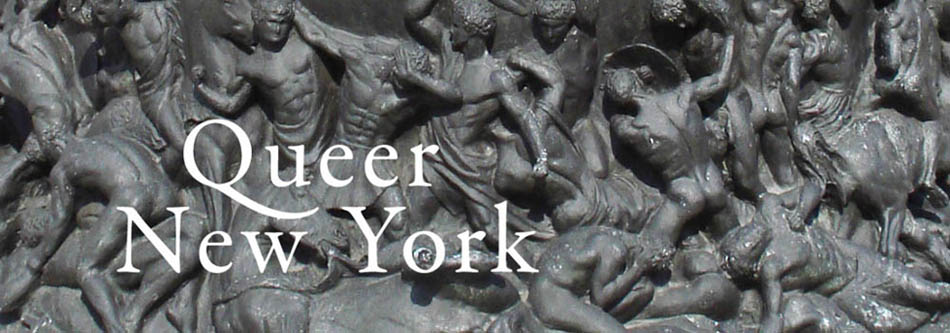We have a friend who invests as a hobby, and we suspect he is good at it. He sent us a link to an article summarizing and comparing the recent financial disasters of our country. I share it with you because of the frightening clarity of its perspective. After the break is a sample from his conclusion, after which you ought to take a moment to read his chilling summary of our recent financial history:
We’re bailing out corporations that should fail, making financial promises we can’t keep, and adding layers of debt we can’t possibly repay. And the real killer is, if we don’t have the cash, we just print it. It is, by any reasonable account, the “blunder that will plunder” the next several generations. It is changing America permanently, and the problems will persist long after you and I are laid to rest.
Bottom line: after all the bailout programs, housing initiatives, rescue efforts, stimulus schemes, bank takeovers, wars, unemployment benefit extensions, and numerous other promises, the biggest financial deception of the decade is what the U.S. government is doing to the dollar. Nothing else even comes close.
This reckless activity has spooked our foreign creditors, weakened our global standing, diluted our currency, is punishing savers and retirees, and ultimately sets us up for a level of inflation this country has never seen before.
Yet, what is the guardian of our economy and money telling us now?
“Will the Federal Reserve's actions to combat the crisis lead to higher inflation down the road? The answer is no; the Federal Reserve is committed to keeping inflation low and will be able to do so. In the near term, elevated unemployment and stable inflation expectations should keep inflation subdued, and indeed, inflation could move lower from here.” (Ben Bernanke, December 7, 2009).
This is pure rubbish. If inflation could be controlled by just thinking stable inflation thoughts, then Ben should be able to grow a full head of hair by just thinking scalp follicle thoughts. This is so ridiculous, it’s insulting.
Government actions make a mockery of their words; what they say and what they do are diametrically opposed. It’s clear that inflation is not a question of if, but when.
Any level-headed individual has to conclude that there will be a steady – and likely accelerating – decline in the dollar’s purchasing power. It’s inevitable.


I read the newsletter linked in your post, and I was hesitant to buy into it. I honestly don’t know enough about finance to counter the points made, but I always ask “who benefits?” when reading persuasive arguments. In this case, the author—who is a precious metals broker—benefits no matter what the market is doing, as long as transactions are being made. It is clear the tone in his article is meant to strike fear in the heart and open the checkbooks of his readers.
ReplyDeleteWith that in mind, I forwarded the link to a couple of guys I know who also study the market casually. Here is the gist of their responses: be wary of anyone who uses fear to persuade, especially if they stand to benefit. When it comes to investing, you must use moderation and careful study. They said that many of the arguments being used here have been offered every year for a very long time: “Old news.”
Apparently the gold standard in the U.S. went south under the administrations of Johnson and Nixon, who offered the contents of Fort Knox to the international market. They set in place the momentum for what we are seeing now. Gold is now in the hands of some major corporations (where it used to drive commerce, a good thing) and national currency banks. The primary holders of gold in the world are China and Russia. China is in good shape and their gold will stay put as an investment. Russia is broke, and when their gold eventually hits the market, prices will tumble. That is the time—if so inclined—for the small investor like you and me to put up to 20% of our portfolio in gold.
Inflation is increasing, but the debt quoted in Clark’s article is only potential debt. The bailout/stimulus granted by and to the U.S. government has not been spent. We must watch and guide our administration and congress in the use of these funds.